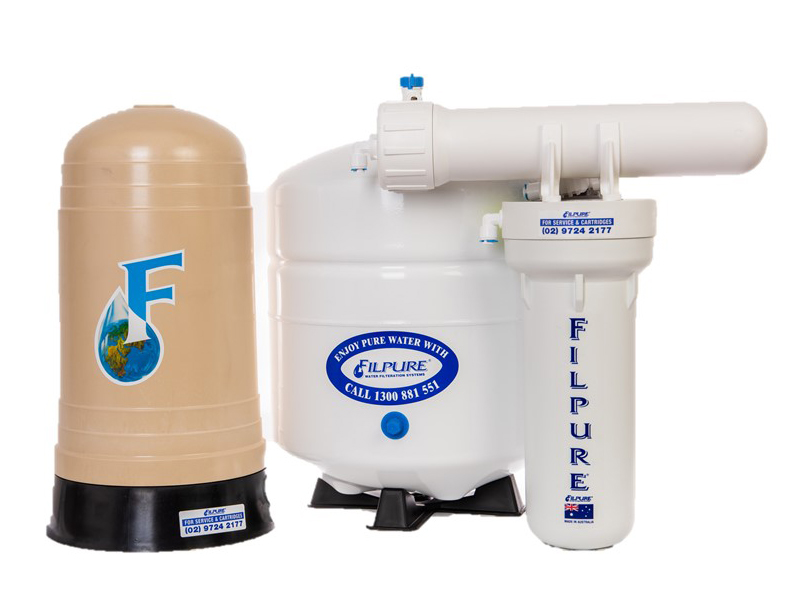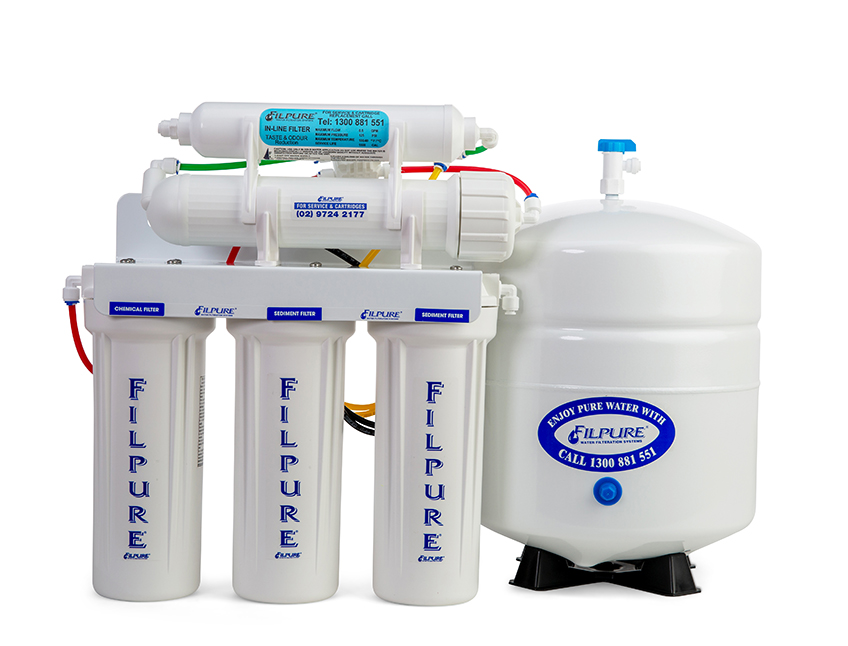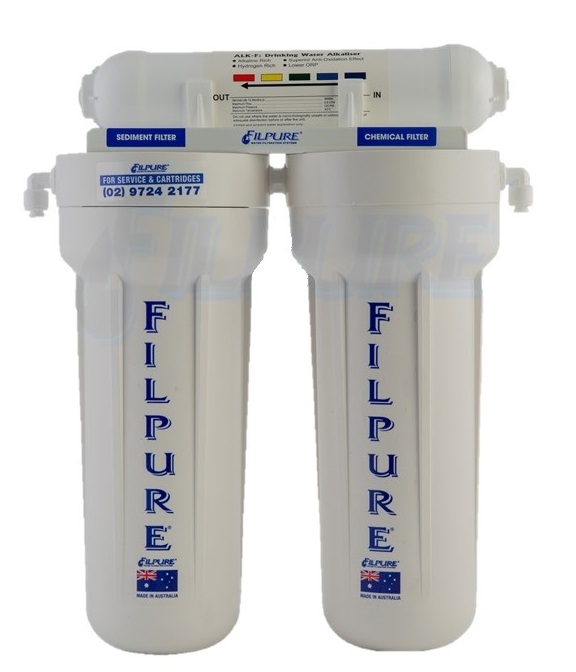What Are the Health Effects of PFAS?
Per- and polyfluoroalkyl substances (PFAS), commonly known as “forever chemicals,” have become a significant health concern due to their persistence in the environment and their potential to cause serious health problems. Found in a variety of products and industrial processes, PFAS have been linked to a range of health conditions, including cancer, heart disease, and developmental delays. In this article, we will explore the health effects of PFAS exposure, who is most at risk, and how drinking purified water can help mitigate these risks.
What Are PFAS and How Do They Affect Health?
PFAS are a group of human-made chemicals that have been used in manufacturing processes for decades. These substances can be found in the air, food, water, household dust, soil, food wrappers, cosmetics, and personal care products. Due to their widespread use and persistence in the environment, PFAS have accumulated in the human body, leading to various health concerns.
Studies have shown that PFAS exposure is associated with serious health effects, including:
- Cancer: PFAS exposure has been linked to several types of cancer, including prostate, kidney, and testicular cancer.
- Endocrine Disruption: PFAS can interfere with hormone regulation, leading to thyroid issues and other hormone-related conditions.
- Reproductive Issues: Pregnant women exposed to PFAS may experience complications such as preeclampsia and low birth weights in infants.
- Metabolic Disorders: PFAS exposure has been linked to cardiometabolic diseases, including Type 2 diabetes, by increasing glucose levels and insulin resistance.
- Immunotoxicity: PFAS can weaken the immune system, reducing the body’s ability to respond to vaccines and increasing susceptibility to infections.
While more research is needed to fully understand the long-term effects of PFAS exposure, the evidence so far indicates significant risks, especially for vulnerable populations.
Who Is at the Highest Risk of PFAS Health Effects?
Certain populations are more vulnerable to the health effects of PFAS exposure. These include:
- Pregnant and Nursing Women: Pregnant women who drink PFAS-contaminated water are at higher risk of passing these chemicals to their fetuses. Additionally, PFAS can be transferred to infants through breastmilk, though the benefits of breastfeeding often outweigh the potential risks.
- Children: Children are particularly sensitive to PFAS due to their higher exposure levels relative to body weight. They may come into contact with PFAS through household dust, toys, and cleaning products.
- Immunocompromised Individuals: People with autoimmune diseases or weakened immune systems are at a higher risk of adverse effects from PFAS exposure.
Given these risks, it is crucial to limit PFAS exposure, particularly through drinking water, which is a common source of contamination.
Health Effects of Different Types of PFAS Exposure
PFAS are considered “forever chemicals” because they are resistant to breaking down in the environment, leading to long-term persistence in water, soil, and the human body. Research has shown that exposure to certain types of PFAS, such as PFOA (perfluorooctanoic acid), poses significant health hazards, whether through ingestion, inhalation, or skin contact. A study by the National Institute for Occupational Safety and Health (NIOSH) reported that skin exposure to PFOA can be just as harmful as ingesting it through food or water.
The Environmental Protection Agency (EPA) continues to investigate the effects of PFAS on human health and the environment. They are working to identify PFAS hazards, assess environmental impacts, and hold polluters accountable for contamination. For more detailed information, visit the EPA’s PFAS information page.
The Importance of Drinking Purified Water
Given the widespread contamination of water sources by PFAS, drinking purified water is a critical step in reducing exposure to these harmful chemicals. Purified water, especially when processed through advanced filtration systems like reverse osmosis, effectively removes PFAS and other contaminants, providing a safer and healthier option compared to unfiltered water.
- Reverse Osmosis Systems: Reverse osmosis systems are one of the most effective methods for removing PFAS from drinking water. These systems use a semi-permeable membrane to filter out even the smallest particles, ensuring that your water is free from harmful chemicals.
- Whole House Water Filtration: For comprehensive protection, whole house water filtration systems filter water at the point of entry, ensuring that all the water in your home is clean and safe for use.
- Under-Sink Water Filters: Under-sink water filters offer a convenient solution for ensuring purified water is available directly from your kitchen tap, reducing the risk of PFAS exposure through drinking water.
What to Do If You Suspect PFAS Exposure
If you believe you have been exposed to PFAS, it is important to consult with your healthcare provider. Blood tests can measure PFAS levels in your body, although they cannot predict the exact health outcomes. To minimize further exposure, consider testing your water with kits provided by EPA or state-certified laboratories, and install an effective water filtration system in your home.
For those exposed to high levels of PFAS, legal options may be available to seek compensation for medical expenses and other damages. An experienced personal injury lawyer can assist in evaluating your case and exploring the best course of action.
Conclusion
PFAS are a serious environmental and public health concern, but you can take steps to protect yourself and your family. By investing in a high-quality water filtration system from Filpure Water Filtration Systems, you can reduce your exposure to PFAS and other harmful contaminants, ensuring access to safe, clean water. Whether you choose a reverse osmosis system, a whole house filtration system, or an under-sink filter, you are making a proactive choice for better health. For more information on our filtration systems, visit Filpure Water Filtration Systems.
References:
- Centers for Disease Control and Prevention (CDC). (2021). Per- and Polyfluoroalkyl Substances (PFAS) Factsheet. Retrieved from https://www.cdc.gov/niosh/index.htm
- Environmental Protection Agency (EPA). (2021). PFAS Explained. Retrieved from https://www.epa.gov/pfas
- National Institute for Occupational Safety and Health (NIOSH). (2021). PFAS Health Risks. Retrieved from https://www.cdc.gov/niosh/topics/pfas/
















